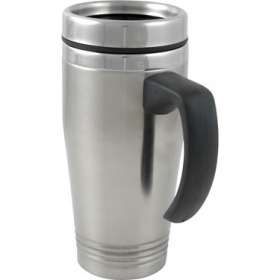A National Report Card on Sustainability in Higher EducationTrends and New Developments in College and University Leadership, Academics and Operations (2nd edition)
How well are American colleges doing at greening their campuses?
How environmentally literate are today's college students?
What is the biggest obstacle to expanding green activities on campus such as energy conservation, sustainable landscaping, and environmental curricula?
Which campuses are recognized for their exemplary commitment to sustainable practices?
Campus Environment 2008 reveals the answers-the survey results will surprise you.
This comprehensive study by National Wildlife Federation and Princeton Survey Research Associates International reviews trends and new developments in environmental performance and sustainability at 1,068 institutions. It recognizes colleges and universities for exemplary efforts and awards academic letter grades (A through D) for collective, national performance on environmental literacy, energy, water, transportation, landscaping, waste reduction and more. The report analyzes collective trends in the areas of management, operations, and academics.
With 27 percent (more than one quarter) of U.S. colleges (presidents, administrators, and facilities managers) responding, the 2008 survey is the nation's largest study to date created to gauge trends and new developments in campus sustainability. It was also the first study of its kind when conducted in 2001.
------>
Read the full report
 The Brockton Sustainability Task Force Committee is pleased to announce that its new subcommittee, the Landscaping Subcommittee, Melanie Trecek-King, Chair, will be hosting the next Brockton Sustainability Task Force Committee meeting on Monday, December 1st from 12:00 – 1:00PM in the Science Building, Room S538.
The Brockton Sustainability Task Force Committee is pleased to announce that its new subcommittee, the Landscaping Subcommittee, Melanie Trecek-King, Chair, will be hosting the next Brockton Sustainability Task Force Committee meeting on Monday, December 1st from 12:00 – 1:00PM in the Science Building, Room S538. 







